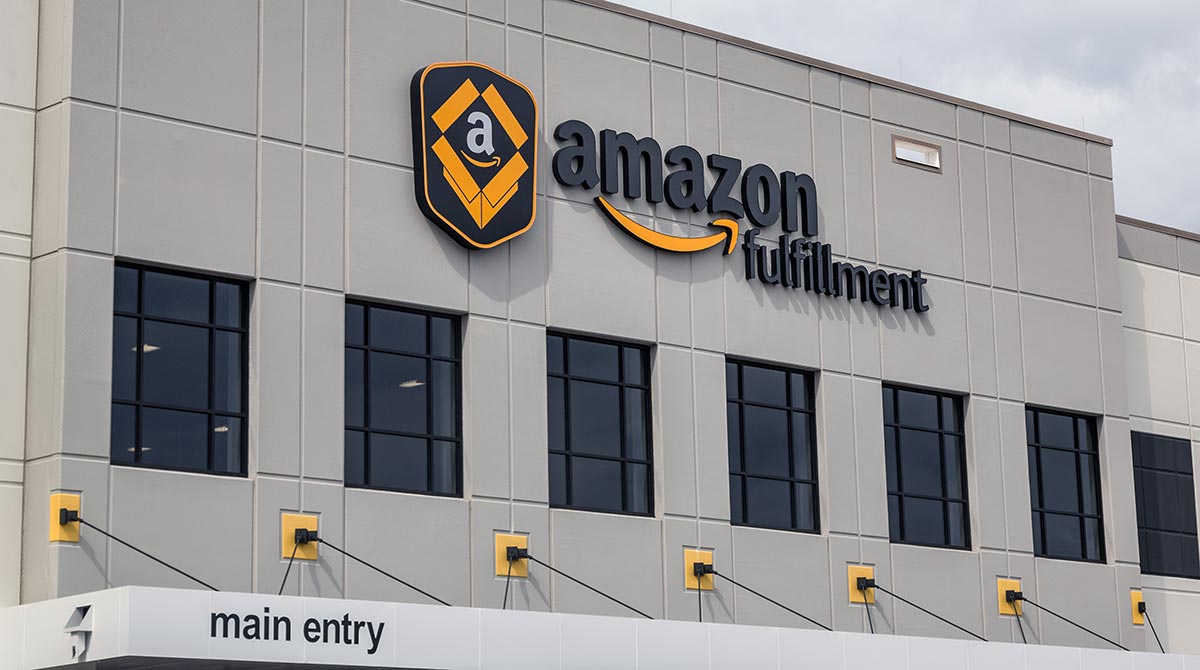Amazon on Its Way to Nine Fulfillment Centers, 8,000 Employees in Illinois

Received a large package from Amazon recently? A television or a toaster oven, perhaps? There's a chance it stopped in Romeoville, Ill., on its way to your front door.
More than 1,000 full-time employees at the 750,000-square-foot distribution center, known as a fulfillment center, handle tens of thousands of online orders each day.
The Romeoville facility, with employees driving forklifts to pull items from tall shelves and lengthy whirring conveyor belts, isn't as high-tech as Amazon's site in Kenosha, Wis., where robots fetch racks of items and bring them to workers.
REALTED: Amazon plans $255 million Connecticut fulfillment center
Automation doesn't make as much sense for the kinds of products being shipped from the Romeoville center, said general manager Victor Davis. But fulfillment centers with robots tend to employ more workers, rather than fewer, because they can handle more packages, Davis said.
The Romeoville facility, which opened in September, is one of five fulfillment centers in Illinois. Four additional facilities are in the works — one each in Monee and Waukegan and two in Aurora. By the end of 2018, Amazon is expected to employ more than 8,000 people in Illinois, the company said.
Five of the nine facilities received some incentives from the state of Illinois, worth an estimated $86 million if Amazon meets commitments for job creation and retention, said Jacquelyn Reineke, Illinois Department of Commerce and Economic Opportunity spokeswoman.
RELATED: Amazon to hire 1,500 for new Oregon fulfillment center
Locating fulfillment centers near customers helps Amazon deliver packages quickly while controlling shipping costs. But Gov. Bruce Rauner, attending a grand opening at the Romeoville facility June 8, said financial incentives from the state were still necessary.
"It's a function of the cost structure for a particular facility, and to make the math work sometimes we had to offer them and negotiate a tax incentive," he said. "The real answer is not to have special deals for companies; the real answer is to have competitive property taxes that are low and equal across the state and to have a regulatory burden that's competitive with other states."
Distributed by Tribune Content Agency, LLC

